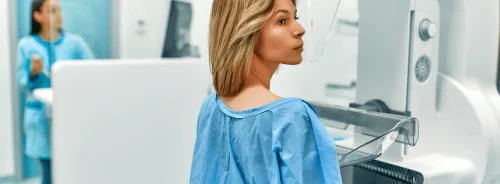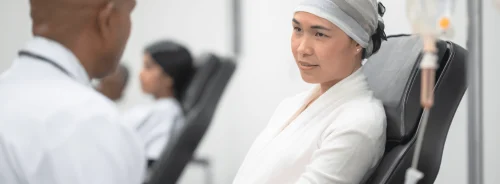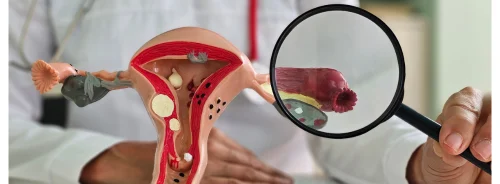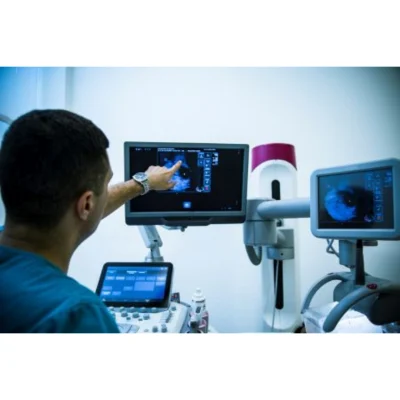A large German study found that AI can accurately detect and localise breast cancers on screening exams missed by radiologists, which in turn can reduce the frequency of cancers between screenings (usually 24 months).
Many breast cancers are clinically detected due the onset of symptoms during the interval between breasts screenings. Often minimal signs missed by radiologists can be found during a screening, but are too subtle to be noticed by humans. These interval cancers are generally associated with poorer prognostic outcomes, so early diagnosis is important to improve outcomes. Catching these interval cancers at screening is an opportunity that can be achieved by the increased sensitivity of AI systems.
In the study, an AI model that was trained entirely on screen-detected cancers was evaluated on screening mammograms from 2,396 women diagnosed with interval breast cancer between March 2006 and May 2018 in north-western Germany. The AI could detect and correctly localise on mammograms 27.5% of false-negative cases and 12%with minimal signs of cancer. About 21% of these retrospectively visible cases were advanced/metastatic when eventually diagnosed.
The study authors conclude: “AI can support radiologists by detecting a greater number of carcinomas, subsequently decreasing the interval cancer rate and the number of advanced and metastatic cancers.”
For more Women's Health newsClick here
Source:European Journal of Radiology
Image Credit: iStock






1.jpg)




